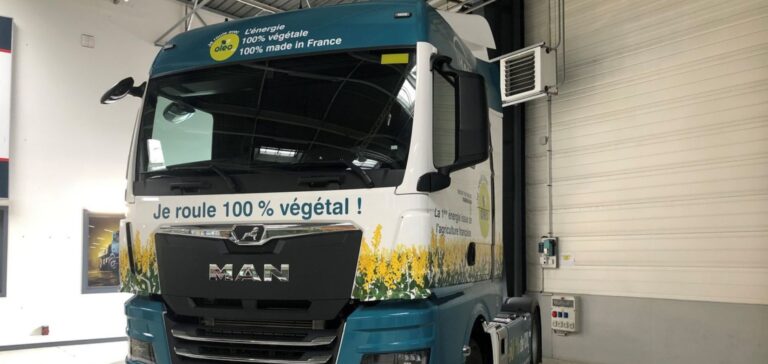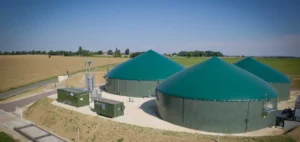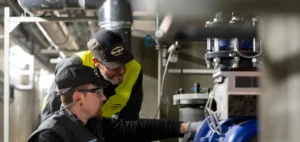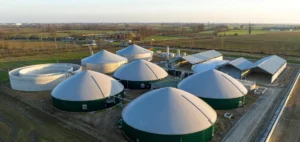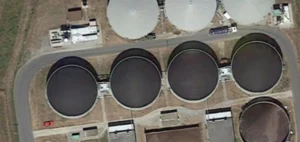French oilseed group Avril plans to double production of its 100% biodiesel Oleo100 fuel for truck fleets in 2023 from standard biodiesel blended with gasoline after contributing to record results for the company last year, it said Wednesday.
Created by French oilseed and protein producers, Avril is the largest producer of biodiesel and animal feed in France and a leading player in plant-based chemicals and cooking oils.
April’s main profits of 64%.
Avril CEO Jean-Philippe Puig told reporters that focusing on its higher-margin Oleo100 fuel rather than standard biodiesel blended with petroleum diesel in cars would inevitably lead to more biodiesel imports by refiners.
He spoke after the group announced a 64% increase in core earnings, helped by higher prices, good market coverage before rising commodity prices and cost reductions. However, Puig said this trend is unlikely to last this year as inflation and the economic slump weigh on demand.
The group plans to use an average of 200,000 tons of its 1 million tons of biodiesel production in France for Oleo100 this year, compared to 40,000 tons in 2021 and 100,000 tons in 2022.
Forecasts made difficult by the uncertain context
“If we can do a little more, we will, and that will mean even less for the standard diester (biodiesel) that goes into the diesel available at gas stations,” Puig said.
April’s sales rose 32% last year compared to 2021, reaching €9 billion ($9.9 billion), while EBITDA increased 64% to €583 million. Net profit amounted to 218 million Euro, up 45%.
Puig pointed out that uncertain economic conditions and expected high volatility in agricultural and energy markets make forecasting difficult. Rapeseed and sunflower prices reached record levels last year following Russia’s invasion of Ukraine, the world’s largest exporter of sunflower seeds and by-products, before falling back significantly below pre-war levels in Ukraine.

